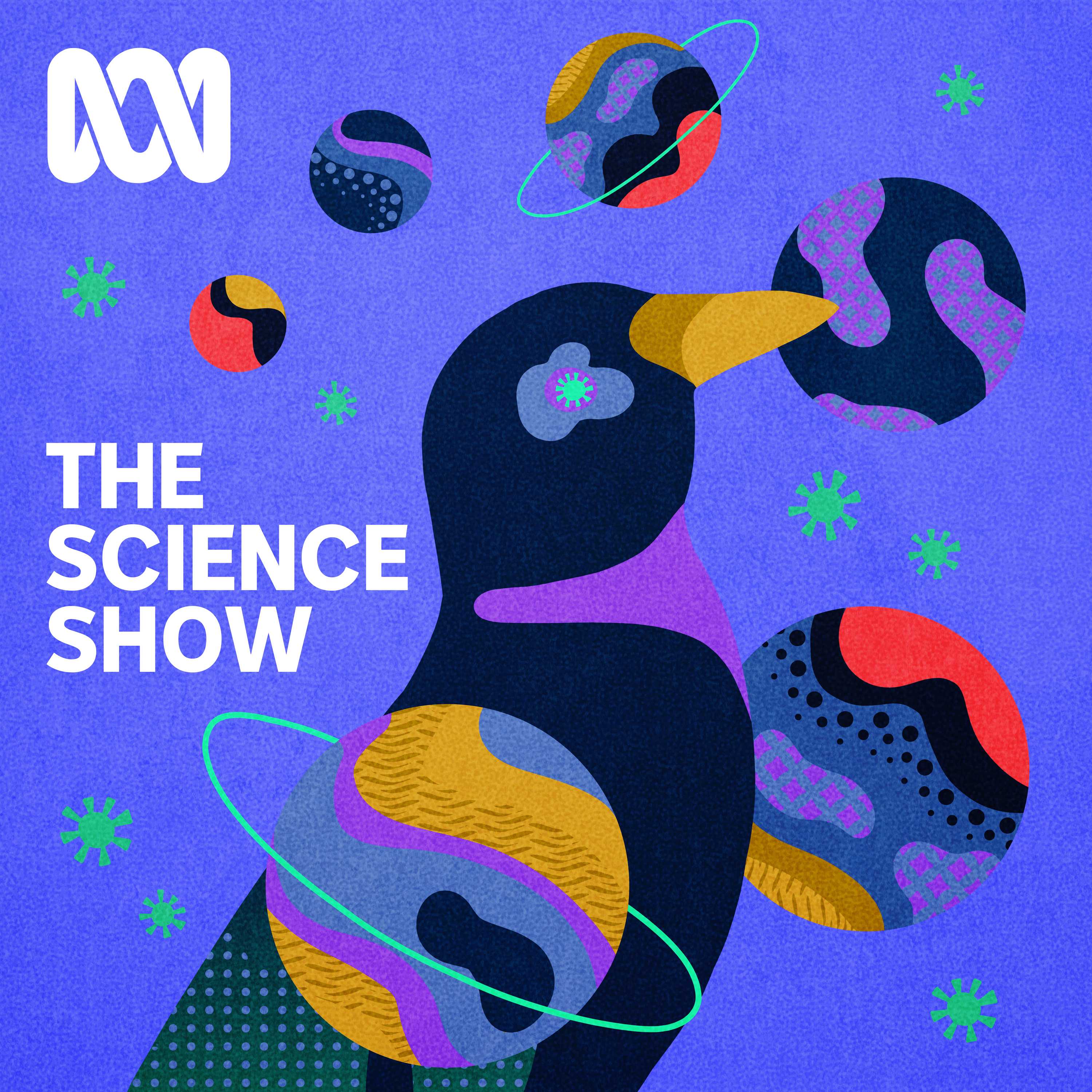
PM’s Innovation Prize for childhood cancer drug

The Science Show
Deep Dive
What is the significance of the Australian Opal Centre's new museum?
The new museum, set to open in 2025, will be a grand, architecturally designed space dedicated to Australian opal and opalized fossils. It aims to elevate the status of opal and highlight its scientific and cultural significance, making it a unique and globally important institution.
Why is Australia the primary source of precious opal?
Australia's unique geological conditions, including volcanic basalt, acidic swamps, and the absence of limestone, created the perfect environment for opal formation. This combination, which began 135 million years ago, allowed opal to form in vast quantities, making Australia the world's leading source of precious opal.
What is the process of opalization in fossils?
Fossilization initially involves common carbonate, but over time, acidic conditions dissolve the carbonate and release silica as a gel. This silica then replaces the carbonate molecule by molecule, transforming dull carbonate fossils into precious opal fossils.
What is the significance of the Bragg Prizes for Science Writing?
The Bragg Prizes celebrate exceptional science storytelling and recognize the importance of science communication. They aim to highlight the diverse forms of science writing, from news pieces to poetry, and honor the work of science journalists and writers in promoting scientific understanding and combating misinformation.
What is the story behind the winners of the Bragg Prizes?
Cameron Stewart won for his story about the fight against children's cancer, highlighting the remarkable progress in survival rates and the human stories behind the science. Runners-up Deani Lewis and Amanda Niehaus were recognized for their pieces on protecting ancient cave art and the emotional connection between humans and dogs, respectively.
What is the innovation behind the drug Momelotinib, which won the PM's Prize for Innovation?
Momelotinib, developed by Cytopia, treats myelofibrosis by inhibiting a class of enzymes that are overactive and mutated in this rare bone cancer. The innovation involved creating a molecule that effectively targets this protein, leading to significant improvements in patients' quality of life and longevity.
What challenges did Cytopia face in developing the drug Momelotinib?
Cytopia faced the significant challenge of the high cost of drug development. They overcame this with initial support from a pool development fund and later through listing on the ASX, which provided the necessary funding to advance the drug through clinical trials and ultimately to market.
What is the impact of the PM's Prize for Innovation on Cytopia and its team?
The prize provides recognition and validation for the team's hard work and innovation. It also enhances their ability to continue their research and development efforts, with the potential to make further contributions to the field of drug discovery and patient care.
What is the significance of the hybrid wheat system developed by the University of Sydney?
The hybrid wheat system, developed by the University of Sydney, is a breakthrough technology that has been patented and is being introduced in countries like Pakistan, Bangladesh, and Ethiopia. It offers a 20% increase in yield and enhances farmers' ability to adapt to changing climates, ensuring long-term sustainability.
What is the role of international germplasm in wheat breeding?
International germplasm is crucial for wheat breeding as it provides genetic diversity that can help develop varieties with traits like heat and drought tolerance. This diversity is essential for creating crops that can thrive in various environments and meet the needs of different regions.
- Opals are exceptional at preserving fossils.
- Precious opal is primarily found in Australia.
- The formation of opal was a scientific mystery until 2014.
Shownotes Transcript
Momelotinib, a drug to help treat myelofibrosis has been approved by the US Food and Drug Administration, a rare achievement for an all-Australian team.